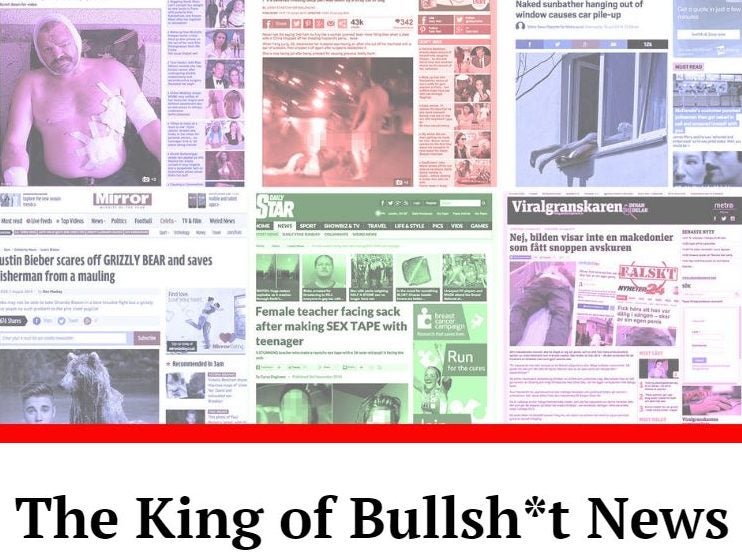
Buzzfeed has asked a US court to throw out an $11m defamation claim brought by British journalist Michael Leidig because it claims he has failed to comply fully with requests to disclose emails and other computer data.
It also claims that its defence of the claim is hindered by the fact that Leidig closed a number of websites operated by his business, Vienna-based Central European News, after Buzzfeed published the April 2014 article which described Leidig as “The King of Bullshit News”.
Buzzfeed said it needs access to the sites to help prove that Leidig is a “public figure” under US law, and so has limited ability to sue for defamation.
Leidig’s lawyers have countered by saying that the argument is “specious” and “cynical” because “closing the websites was a direct result of the damage caused by the defendant’s libellous publication”.
CEN lawyer Harry Wise states: “It takes a certain amount of brass to set out to destroy someone’s business, achieve partial success – in this case, causing Michael Leidig to shut down various internet sites, made less useful after the attack on his reputation – and then try to use the injury you have caused to your advantage, when your victim sues you, by calling it ‘spoilation’. Buzzfeed should not be allowed to profit from damage it has intentionally caused to plaintiffs.”
Buzzfeed’s original 7,000-word article alleged that a number of news stories produced by CEN were fabricated.
CEN says that it accurately followed up local news reports around the world and also took steps to verify stories.
Buzzfeed’s argument to the New York district court states that the libel claim should be dismissed because “after first threatening BuzzFeed with litigation, they [CEN] disabled their news websites, deleted emails of two critical witnesses and wholesale destroyed the metadata associated with hundreds of files they attempted to produce in this litigation”.
CEN has responded by saying in its submission that it has produced all the documents in its possession using a third-party document-production specialist.
In its argument it quotes from Buzzfeed’s email disclosure, including a message from one of the journalists working on the story which said it would “probably end this guy’s business”.
The sites which were closed down following the story included: Austrian Times, Croation Times, EuroPics, Austrian Independent, Vienna Times and the German Herald.
In an oral deposition to Buzzfeed’s lawyers, Leidig said the sites were closed down because “they weren’t really an active thing” and after the Buzzfeed article “they attracted a lot of attention and follow-up queries, which created a lot of work for me. I already had enough to deal with…”
Leidig said that in moving documents around between machines, metadata had been lost, “but the documents themselves remain the same”.
CEN said emails were not destroyed but there were formatting issues related to extracting them from Apple’s email software.
CEN also argues that screenshots of the defunct websites are still available for Buzzfeed to view by web.archive.org.
The matter is being considered by the US court and a ruling is expected in the coming weeks.
Email pged@pressgazette.co.uk to point out mistakes, provide story tips or send in a letter for publication on our "Letters Page" blog
